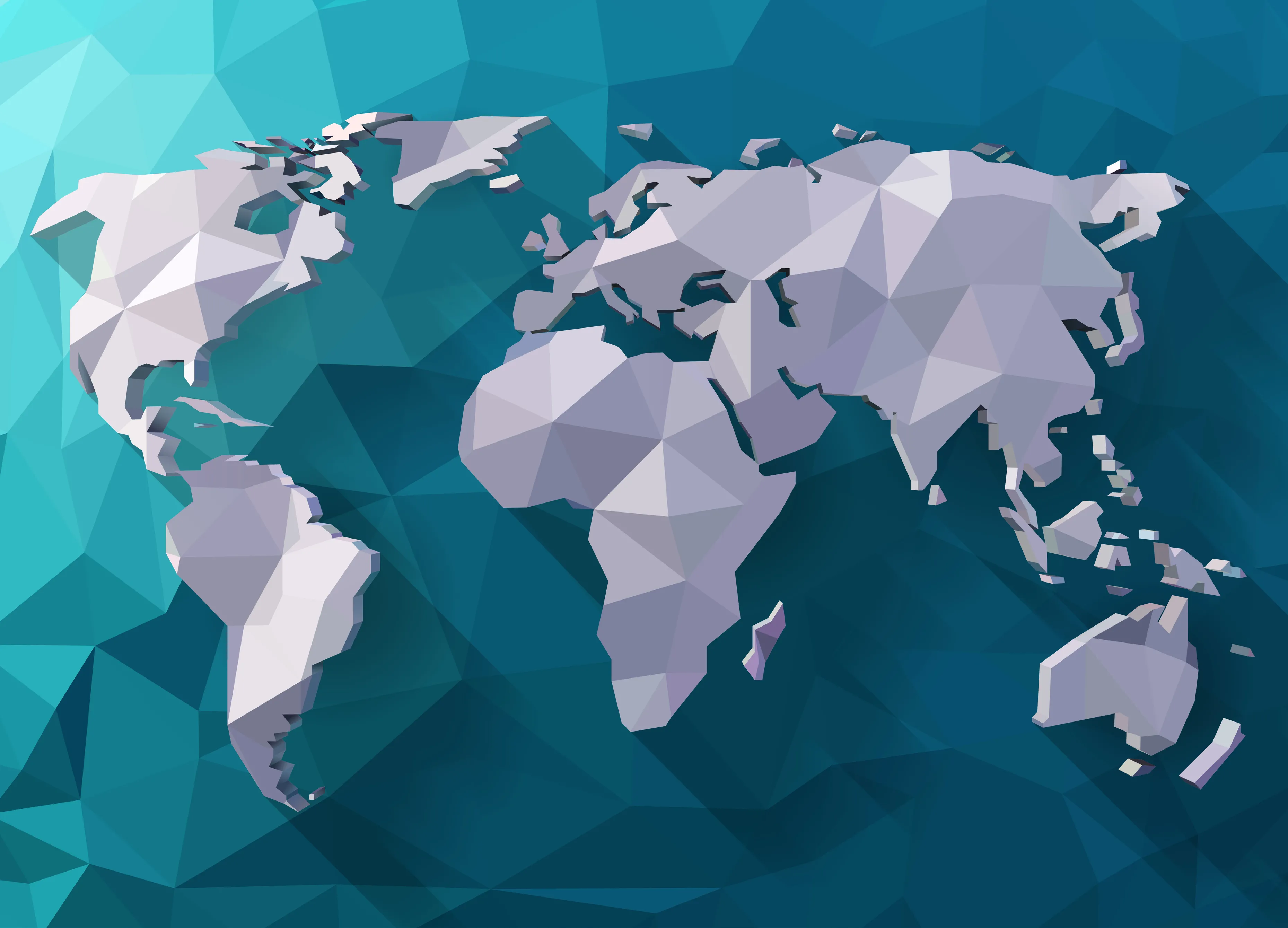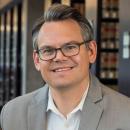How Social Science is Transforming the Study of International Law

The growing use of field experiments, surveys, and other applications of social science is transforming the study of international law, emphasizing empirically informed conclusions and injecting what some scholars say is much-needed skepticism. It is an evolution that the editors of the Law School’s student-led Chicago Journal of International Law argue is important to examine, especially as the field grapples with difficult questions related to globalism and rising nationalism.
That’s why the 21-year-old journal plans to convene leading scholars from all over the world via Zoom on February 26 for a symposium aimed at exploring the history and future of the field.
“Every day, the stakes of international law increase. Crises like climate change and the pandemic demonstrate that informed critique of the law’s efficacy should not be at the periphery of the scholarship—it belongs front and center,” said Neema Hakim, ’21, CJIL’s editor-in-chief, adding that the breadth of expertise was made possible, in part, by the symposium’s remote format. “To facilitate a truly international discussion, we considered it critical to convene academics from across the world, and the surging popularity in videoconferencing technology allowed us to do just that.”
The event, the latest iteration CJIL’s annual conference, is part of a strategy to solidify the journal’s position as the leading interdisciplinary forum on the study of international law—one that offers a platform to discuss cutting-edge ideas and draws on the interdisciplinary, data-driven focus of Law School faculty who are among the field’s top scholars.
“What differentiates our faculty is their commitment to values that are often overlooked, but sorely needed, in international law scholarship,” Hakim said. “As their students, CJIL members are well-positioned to highlight their common approach and to invite conversation, and dissent, around its merits. Events like this symposium also serve to motivate our journal’s staff, allowing us to grasp the changing dynamics within the field and to better appreciate Chicago’s values as we join the next generation of international lawyers.”
The event will center on an essay by Tom Ginsburg, the Leo Spitz Professor of International Law; Professor Adam Chilton; and Daniel Abebe, the Harold J. and Marion F. Green Professor of Law, that advocates for a rigorous, fact-based approach to the study of international law. The paper discusses the theoretical and normative approaches that once dominated the field and traces the growing influence of scientific methodology, which can take several forms but ultimately involves identifying a specific question, developing hypotheses, testing those hypotheses through the use of qualitative or quantitative data, and presenting conclusions that acknowledge the study’s limitations.
“[B]road debates about the efficacy of law have been replaced by the study of conditional effects, examining where and when law is effective,” Ginsburg, Chilton, and Abebe wrote. “This generation of scholars has spent less time arguing about topics like whether theoretical approaches like realism or constructivism are better justified, and more time arguing about topics like what the best way to empirically assess whether human rights treaties are improving human rights.”
The shift has meant an increased focus on “concrete questions about the causes and consequences of international agreements and institutions” and has sparked debates over topics such as the effectiveness of human rights treaties, the authors said.
“The University of Chicago has always gone its own way, and the approach of our Law School faculty working on international law has reflected that sensibility,” Ginsburg said. “We have produced scholarship that tends to question much of the conventional wisdom in the field, and takes an explicitly interdisciplinary approach. This requires being deeply engaged in the law while trying to adhere to the rigorous standards of social science. It is quintessentially Chicago, and we are glad that the journal has decided to highlight it in this symposium.”
The symposium will include more than a dozen other leading scholars who have submitted essays responding to Ginsburg, Chilton, and Abebe’s claims. Among them are papers discussing the limits and critiques of the social scientific approach, the applications of the approach in places such as Africa and China, and the methodology’s usefulness in studying race and international law. Dean Thomas J. Miles, the Clifton R. Musser Professor of Law and Economics, will offer opening remarks.
Jared Mayer, ’21, CJIL’s executive articles editor, said he hopes that the symposium’s discussions will help bring methodological questions in international law to the fore.
“It’s tremendously exciting to have these important discussions about the trajectory of international law scholarship with such an array of eminent scholars,” Mayer said. “The symposium will hopefully show not only the importance of methodological assumptions in international law scholarship, but also the fact that the University of Chicago Law School is a powerhouse in the domain of international law scholarship.”
The event has now taken place. You can watch the panels here.

